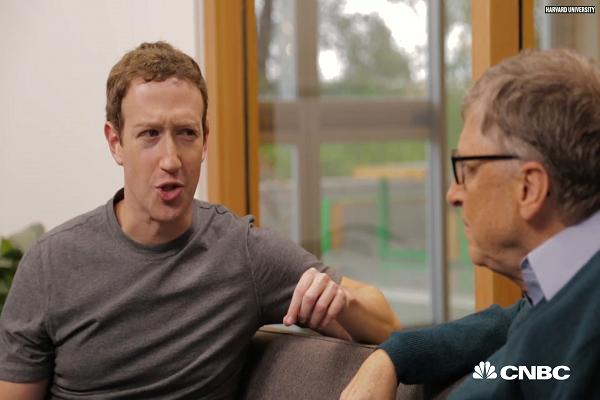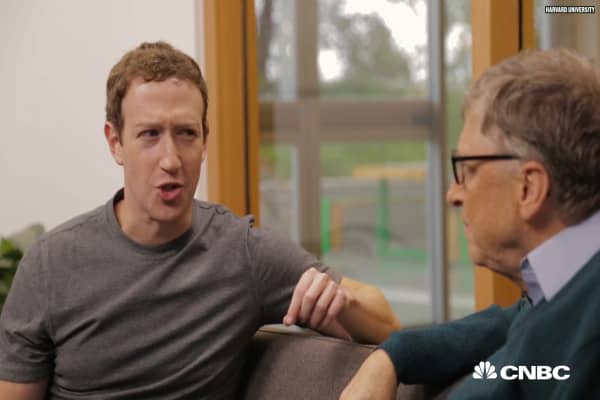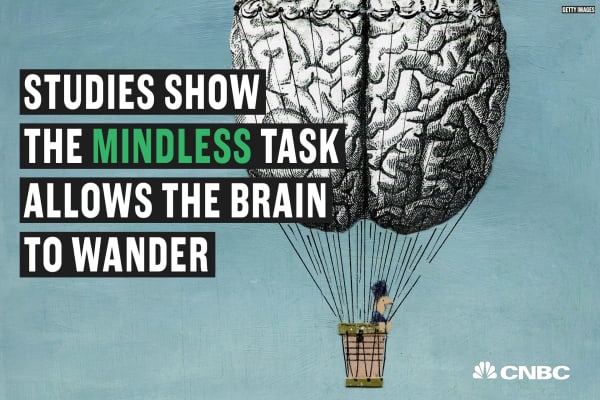

Through his largest donation in 17 years, Bill Gates recently reaffirmed his commitment to education last week when Bloomberg reported he was pledging $4.6 billion to his personal foundation.
Gates has prioritized education reform and, more specifically, educational technology through the Bill & Melinda Gates Foundation —which last month received a $3.17 billion pledge from Warren Buffett — for years. Notably, he’s been outspoken in the past that software companies must do more to help children learn more effectively with technology’s aid.
“It’s amazing how little the typical classroom has changed over the years,” Gates writes on his blog last year. In fact, he addressed the education-technology gap five years ago before an audience of top professors and researchers at the 2013 Microsoft Research Faculty Summit.
“Software has only achieved a very small portion of what we want it to do and even what we need it to do,” Gates says in a discussion on how computing can improve society.
In a Reddit “Ask Me Anything” last year, he added: “A lot of the issue is helping kids stay engaged. If they don’t feel the material is relevant or they don’t have a sense of their own ability they can check out too easily. The technology has not done enough to help with this yet.”
In June 2013 alone, Gates donated nearly $5 billion to education, theWashington Post reports.
At the summit, Gates says that “going to a four-year university and getting a degree isn’t as much about what you learn in that experience as it is a badge” that you are employable, organized and you “like to be measured in terms of what you are doing.”
Gates, who famously dropped out from Harvard University after just two years to become an entrepreneur, has supported personalized learning as a tech-forward method of education. On his blog, he describes the method as “combining digital tools, project-based learning and traditional classroom work to let students move at their own pace.”
Gates says he sees today’s “gold standard” of physically attending a university just to prove you have learned new information and abilities as antiquated and ripe for change.
“I see those things decoupling,” Gates says, adding “the way you prove that you have certain skills can be very straightforward.” One digitally-savvy way to do so is by participating in massive open online courses.
These make classes offered at universities like Harvard and MIT more available to people so they can gain knowledge without traditional access to these institutions.
In the future, Gates says many of the people responsible for deep innovations “will be polymathic, they will be unusually strange people who learn a lot of things and, therefore, able to reason across the boundaries of two subject areas.”
And for the future of teaching, Gates says we must foster learning so that “the education that we provide [can] make sure innovation goes at full speed.”
“Fortunately, a very small percentage of society can do the innovations that benefit society very broadly,” he says.
Like this story? Like CNBC Make It on Facebook.
Don’t miss:
Apple is giving $2 million to aid Charlottesville. Here’s how much Tim Cook has already donated to human rights
4 stages you need to go through to be happier at your job




